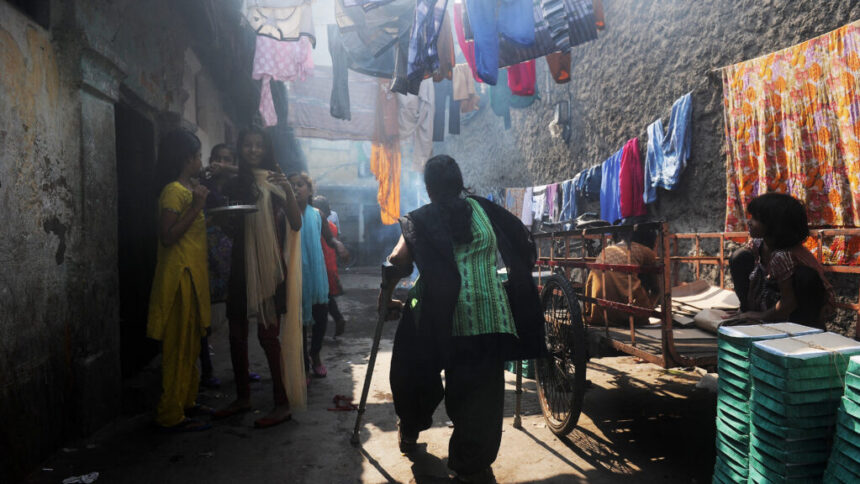Vijay Yeldandi, a professor of medicine and surgery at the University of Illinois Chicago, has a personal connection to the eradication of polio in India. As a toddler, he was struck by the disease and left paralyzed from the neck down. Despite this setback, Yeldandi persevered and learned to walk with the help of braces and crutches. His childhood was marked by watching his peers play outside while he remained indoors, a stark reminder of the impact of polio.
In the 1970s, India was still grappling with around 200,000 polio cases annually, as vaccines for the disease were not widely available until then. It wasn’t until 2014 that India was declared polio-free, thanks to a massive vaccination campaign involving 2.3 million vaccinators. The success of this effort has been a source of pride for many Indians and Indian-Americans, who have witnessed the devastating effects of polio firsthand.
However, recent developments in the U.S. have raised concerns among the medical community. With the nomination of Robert F. Kennedy Jr. as health secretary and the emergence of anti-vaccine rhetoric, there is a fear that policies may change, potentially leading to a resurgence of the virus. A recent New York Times story highlighted legal challenges to the approval of the polio vaccine, sparking alarm among those who understand the importance of vaccination in preventing the disease.
The CDC recommends four doses of the polio vaccine for all children, and it is a requirement for entry into public schools and daycares in all 50 states. While some states allow exemptions for personal or religious reasons, experts caution against the dangers of vaccine hesitancy. The potential rollback of vaccine requirements and increased anti-vaccine rhetoric could lead to a decline in vaccination rates, putting communities at risk of outbreaks.
Polio, a viral disease that primarily affects young children, can cause irreversible paralysis in one out of every 200 cases. The introduction of vaccines has drastically reduced the number of polio cases worldwide, from being endemic in 125 countries to just two. Experts emphasize the importance of maintaining high vaccination rates to prevent the spread of the virus, particularly in communities where vaccination rates may be low.
As individuals who have witnessed the impact of polio firsthand, these experts stress the need for continued vaccination efforts to protect future generations from the disease. They warn that a decline in vaccination rates in the U.S. could have global consequences, as unvaccinated individuals may unknowingly spread the virus to countries with lower vaccination rates. The goal is to be the last generation to remember the devastating effects of polio and to ensure that future generations are free from its grip.








